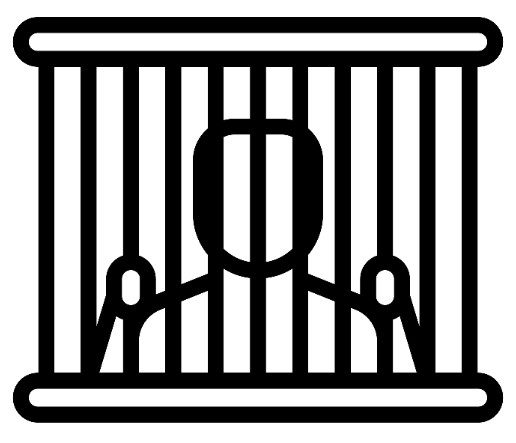
As predicted, another Obama Administration “oldie but goodie” has made a return in the Biden Administration. On November 18, 2021, President Biden issued a new Executive Order entitled “Executive Order on Nondisplacement of Qualified Workers Under Service Contracts.” Many of the same concepts and requirements have returned, but there are also several notable changes.
Continue Reading Nondisplacement of Qualified Workers is Back, But With Changes



